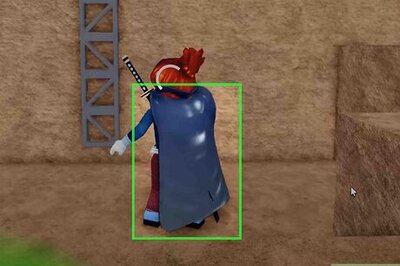
views
New Delhi: The Supreme Court on Thursday dismissed the central government’s argument that right to privacy is an “elitist” concept and that the poor need food and shelter, not privacy.
In what is going to weaken the government’s case when the debate on validity of Aadhaar will commence, the nine-judge bench has rejected the submission made by its Attorney General K K Venugopal that a social welfare scheme such as Aadhaar will pass the muster only because it ensures benefits to the people.
The AG had stated that in a developing country where millions of people are denied the basic necessities of life and do not even have shelter, food, clothing or jobs, no claim to a right to privacy as a fundamental right would lie.
But Justice Rohinton F Nariman, in his separately authored verdict, trashed this argument. “First and foremost, we do not find any conflict between the right to life and the right to personal liberty. Both rights are natural and inalienable rights of every human being and are required in order to develop his/her personality to the fullest,” he said.
The judge held that the right to life and the right to personal liberty go hand-in-hand, with the right to personal liberty being an extension of the right to life.
“A large number of poor people that Shri Venugopal talks about are persons who in today’s completely different and changed world have cell phones, and would come forward to press the fundamental right of privacy, both against the Government and against other private individuals,” emphasized Justice Nariman.
He wondered why the government saw an “antipathy” between the rich and the poor in this context. The judge noted that the AG’s statement was particularly in the background of Aadhaar.
“It seems to us that this argument is made through the prism of the Aadhaar (Targeted Delivery of Financial and other Subsidies, Benefits and Services) Act, 2016, by which the Aadhaar card is the means to see that various beneficial schemes of the Government filter down to persons for whom such schemes are intended,” he said.
Justice Nariman, however, said that the nine-judge bench has not been constituted to look into the constitutional validity of the Aadhaar Act, but it has been constituted to consider a much larger question, namely, that the right of privacy would be found, inter alia, in Article 21 in both “life” and “personal liberty” by rich and poor alike primarily against State action.
“This argument (by the government) again does not impress us and is rejected,” he held.

















Comments
0 comment